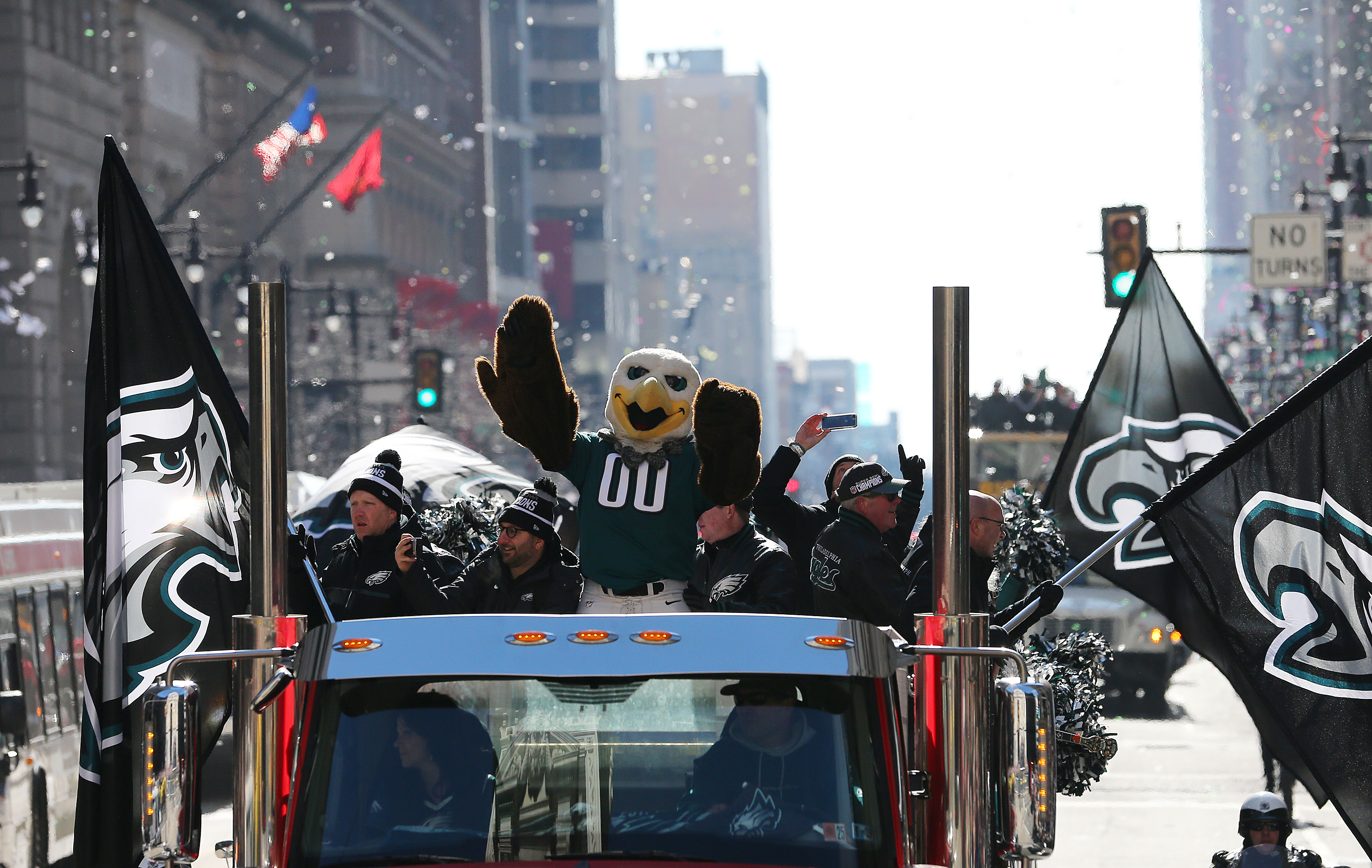It’s the most prestigious prize in horse racing – and the most elusive
"The 37-year wait is over! American Pharaoh is finally the one! American Pharoah has won the Triple Crown!"
Those words from famed horse racing announcer Larry Collmus at the 2015 Belmont Stakes marked the end of a nearly four-decade drought, and thrust horse racing into the national spotlight. [[306599991, C]]
American Pharaoh's gallop into the history books has many wondering if this year's favorite Justify could be another Triple Crown winner. It's certainly possible, but experts say it will take a horse with the right combination of pedigree, training and versatility - and a little luck wouldn't hurt.
The Triple Crown of horse racing — winning the Kentucky Derby, Preakness Stakes and Belmont Stakes — is the pinnacle for 3-year-old thoroughbreds.
A mere 12 colts have achieved the feat since Sir Barton swept the series in 1919, and only once in all of American racing history has the trifecta occurred in consecutive years.
Of course, there have been some near-misses.
Between 1979 — after Affirmed won the Triple Crown in 1978 — and 2015, 13 horses managed to clinch the Derby and Preakness races, only to be stopped on their quest at the Belmont Stakes.
Sports
In partnership with NBC Sports Philadelphia
At 1 and 1/2 miles (12 furlong), the third jewel of the Triple Crown is the longest race track in the United States. Richard Migliore, a former jockey and racing analyst for the New York Racing Association, notes race horses that compete at Belmont “probably have never, and will never, run that distance again."
"Thoroughbreds today are bred for speed, not stamina, so they are too fatigued to keep up the pace required to win the Belmont," Migliore said, adding that many of the contenders at Belmont don't compete in the previous two races and are well-rested.
Over the years, many have called on a change in the racing schedule, while others, including the owner of California Chrome, said the pool for the three races should be limited to the horses that enter the Kentucky Derby.
"Because it had been so long since Affirmed won the Triple Crown, most people thought that this was getting close to impossible to do, it was too much to ask a horse to do," said NBC horse racing reporter Kenny Rice.
The Triple Crown schedule is grueling. It is difficult for a horse shipped around the country to endure the rigor of the journey after a strenuous race and not become ornery.
But then came American Pharoah. As Collmus so aptly put it in the final yards of the Belmont on June 6, he was "finally the one" – the one who could indeed win three races, at three tracks, in three different states, at three different distances, in the span of five weeks.
"That's why it separates the great ones. I think that's why I like the Triple Crown as is, because when you win it, you're a great horse," Rice says. "You may have a little bit of racing luck along the way, but it's not a fluke. That's why I think all the horses that have won the triple crown are special horses."
There are many factors, tangible and intangible, that combine in the making of a great racehorse, and experts have varying opinions on what those attributes are.
Some point to pedigree. Many champion horses carry elite genes.
American Pharaoh, for example, carries the bloodlines of three Triple Crown champions: Count Fleet, War Admiral and Secretariat. On the other hand, Affirmed came from modest genes that didn't trace back to a Triple Crown winner. Its sire didn't produce anything of exceptional merit after Affirmed, and his 1978 Triple Crown rival Alydar was considered a superior breeding source, according to BloodHorse's Avalyn Hunter.
"When Affirmed went to stud in 1980, he was competing with fellow Triple Crown winners Secretariat and Seattle Slew, but many horsemen considered his rival Alydar much likelier to make a top sire given his deep female family," Hunter said.
Others attribute a race horse's success to premiere training. Owners seek elite stakes-winning trainers to get their 2-year-old thoroughbreds in peak 3-year-old Derby shape.
Much like March Madness, each stop on the road to the Kentucky Derby will determine who will earn enough points and prove worthy of a spot in the starting gate at Churchill Downs. Purse leaders like trainers Todd Pletcher, Steve Asmussen, Kiaran McLaughlin, Doug O'Neill and Bob Baffert have a track record of starting horses at the Derby.
But whether it's genes, quality training, mental constitution or just pure luck, one characteristic they all seem to agree upon is versatility.
"All the triple crown winners standout because they rose above any obstacles, avoided anything in their way — in this case other horses — and that's what we saw last year. That's how good American Pharaoh was," Migliore says. "He could run at the front, he could run near the front. He had different gears that, when he needed to shift, he could. I think that's what the next horse that wins the Triple Crown is going to have to do."



